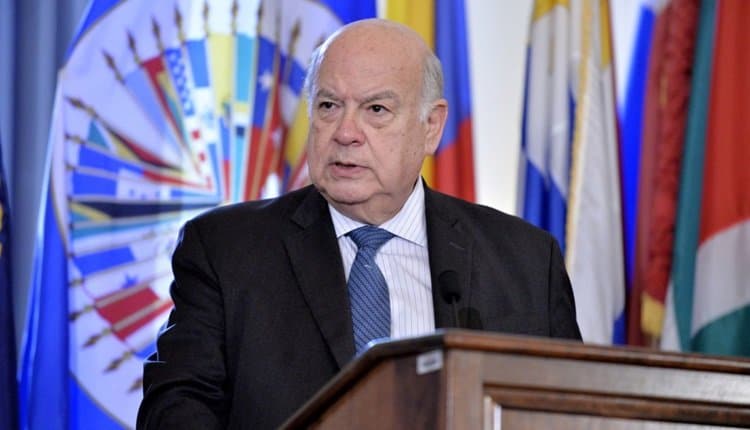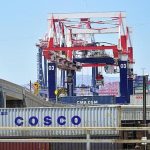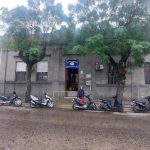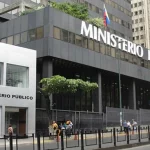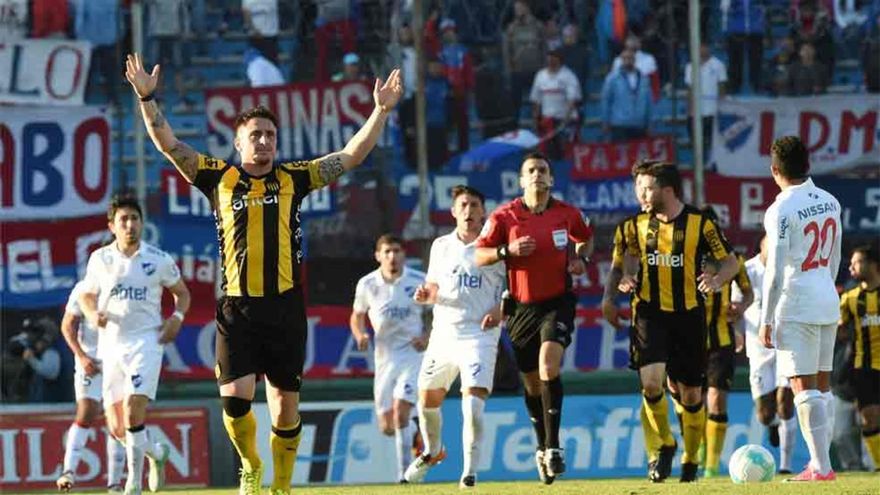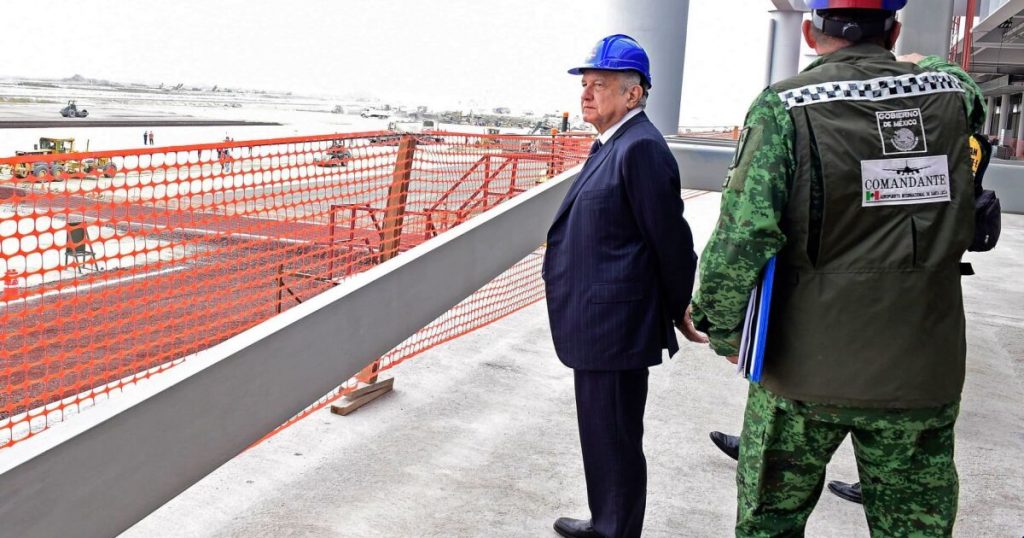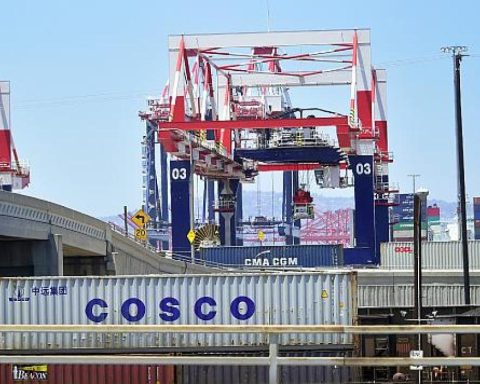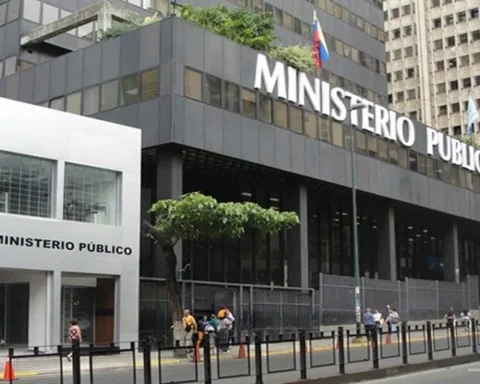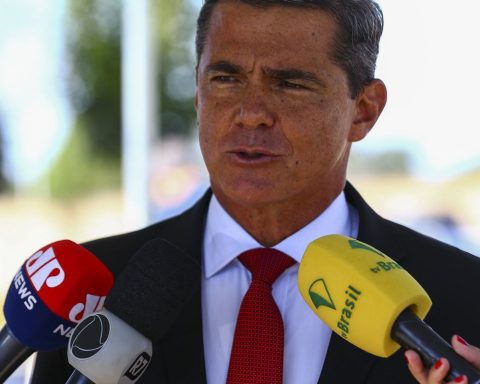Chilean Senator José Miguel Insulza, former Foreign Minister of his country, and former Secretary General of the OAS between 2005 and 2015, considers that with the departure of Nicaragua from the OAS, announced by Foreign Minister Denis Moncada, and its eventual suspension by an Assembly Special General, “Daniel Ortega has managed to completely isolate Nicaragua, and that is a drama for a country that, finally, is one of the most backward in Latin America.”
In this interview with This week and CONFIDENTIALInsulza warns that, despite the isolation, “there are no forms of direct intervention. Government changes cannot be made from outside; the famous regime change has to take place inside Nicaragua ”.
This Friday, November 19, the Daniel Ortega regime announced the beginning of his retirement from the Organization of American States, which will take at least two years, while the OAS is debating the eventual suspension of Nicaragua for violations of the Inter-American Democratic Charter. What political and legal consequences does this decision have?
Well, political consequences, they are important, because do not forget that there have been other countries suspended of the OAS, as was the case of Cuba, which never denounced the Charter. Cuba has never denounced the OAS Charter, Cuba continues to be a member of the OAS, and the possibility of participating here continues to be open. Honduras, when it was suspended, did not do so either; And the truth is that the only one who has done it is Nicolás Maduro in the case of Venezuela, and in reality he did it with a very simple reason: because he was totally opposed to any relationship with the Inter-American Commission on Human Rights, and like the The Inter-American Commission on Human Rights is the main body of the OAS, that is, it is in the Charter, Maduro chose to denounce the Charter, that was the reason why he did so.
Ortega is doing it, fundamentally, because he feels, as he says, persecuted, but the truth is that it is rare that among 33 countries, they persecute one. And the vote was very impressive because there was only one vote against and some abstentions. Abstentions, fundamentally from neighboring countries and from countries that once had some affinity with Nicaragua, such as Mexico, is valuable, because it wants to tell them: ‘look, I’m not going to vote against you, but I’m not going to support you either,’ which already it’s a pretty strong thing.
I believe that Ortega really managed to completely isolate Nicaragua, and that is a drama for a country that, finally, is one of the most backward in Latin America, because in reality the classic social rates, such as income rates, per capita income, health care, education care, etc., are very bad in Nicaragua, so it is not a country that can afford to isolate itself from the continent and the world.
Departure from the IACHR and the IDB
And does this isolation, the departure or suspension of Nicaragua from the OAS also extend to the jurisdiction of the Inter-American Commission on Human Rights, the Court, the Inter-American Bank, and PAHO?
There is no doubt about the first, but what you have to denounce is the American Convention on Human Rights, and I understand that it is separate. Although all the signatories of the American Convention on Human Rights are members of the OAS, they are two different international treaties, the Convention and the OAS Charter are different international treaties.
But does it leave the Inter-American Bank?
What happens is that when some countries are suspended from the OAS, at that moment they are suspended from all the organizations of the system; I don’t know if this works the other way around, but I think maybe you are right, because the agreement created by the IDB is an OAS agreement, so probably the IDB’s exit would be automatic as well; But I think that in the end what is going to happen is that, probably after this decision, the General Assembly suspends Nicaragua, and that will mean its suspension from the IDB and from all the other organizations as well.
Within the OAS, there has already been talk about the application of Article 21 of the Democratic Charter that would lead to the suspension of Nicaragua from the body. Can the OAS advance on this path despite Nicaragua’s departure?
Yes, Nicaragua remains a member of the OAS until November 18, 2023, and all the measures that apply apply to it. And what has to happen now is that a Special General Assembly must be called, and that Special General Assembly declares that in Nicaragua the fundamental principles of democracy have been violated or democracy has been violated.
On November 12, the General Assembly of Foreign Ministers of the OAS approved with 25 votes a resolution in which it ignores the November 7 votes that do not have, the resolution says, legitimacy, and orders the Permanent Council to present an evaluation of the situation from Nicaragua no later than November 30. What options does the OAS have?
Right now the OAS has 34 member states. As I say, an Assembly is called, and Nicaragua is made to see in that Assembly that it has violated a set of principles, etc., and is given time to reconsider and change its attitude, otherwise the Assemble the suspension. The suspension has to be approved by two-thirds of the votes. There are 24 votes, and therefore, if there were already 25, I imagine they will give 25 again.
High level commission
There are those who suggest that the OAS should integrate a commission of the highest level, together with the European Union and the Secretary General of the UN, to summon Ortega, is that feasible, considering that in 2020 Ortega rejected the Commission of good offices of the OAS to dialogue?
Look, the truth is that there are no forms of direct intervention. You can isolate a country, but you cannot remove the government, that is, you cannot make changes to governments from outside; The famous regime change has to take place within Nicaragua, that is a reality that must be recognized.
Now, to me, a Commission with the United Nations, and especially with the European Union, seems possible to me. The United Nations has some major difficulties, in the case of Nicaragua this would depend a lot on the permanent members of the Security Council, who are the ones who can veto a resolution: the United States, China, Russia, France and England. I believe that China, curiously, would not necessarily be against this, because as you know, Nicaragua still maintains relations with Taiwan, that is, it recognizes the Government of Taiwan as the Republic of China, and that Government is not part of the United Nations; therefore, the only strong decision problem, the possibility of someone exercising a veto would be Russia.
In 2009, you were Secretary General of the Organization of American States when Honduras was suspended after the coup against President Manuel Zelaya. The OAS Secretariat, under the leadership of Luis Almagro, has declared that in Nicaragua there is a breakdown of the democratic order. What differences are there in the case of Honduras in 2009 and in Nicaragua in 2021?
The one who has to declare, what you say, is the Assembly, not the General Secretariat, that is, the one that declares that in Nicaragua the democratic regime has been broken is the General Assembly, and when declaring it, ask the Secretary General to contact the Nicaraguan authorities, make him see the opinion of the Assembly and urge it to change the policies it is carrying out.
I did that, that is, there was a General Assembly and I went to Honduras later and told the Honduran Government: ‘Look, you have a vote against what you are doing here, votes that affirm the breakdown of democracy, approved by 33 countries, the 34th country was Honduras, which was sitting in the room, represented by President Zelaya, and who abstained from voting, therefore, we want to ask you to replace the president. ‘ (And I expressed) the things for which they were condemned there. I received completely contrary responses from the General Assembly, and from that point on, I called the Assembly again, informed the Assembly, and the Assembly condemned, suspended Honduras. That is the procedure, there is no other.
So if the OAS does not have the 24 votes to suspend Nicaragua, what other alternatives does it have?
They cannot suspend it, they need two-thirds of the votes.
And what is your assessment of the countries that invoke the alleged principle of non-intervention to refrain from condemning the Ortega regime?
International organizations are not supranational bodies, they are multilateral bodies. As the founder of the OAS, Alberto Lleras Camargo, the first secretary general, said: the OAS will be what its member countries want it to be, there is no supranational power; It is not that 20 countries could say: ‘ah, we are the majority, then us’. They couldn’t do that, they couldn’t do it; The attempt, so to speak, to delegitimize the Maduro regime, was, it was done, and it did not have enough votes, it never did.
That is why Maduro decided to withdraw, as he was saying before, not because they were going to suspend him, but because he did not want the Inter-American Commission on Human Rights to continue acting in Venezuela.
In 1979, 42 years ago, the OAS condemned the Somoza regime and demanded its replacement, with the support of Mexico, which was celebrated in Nicaragua by the Sandinista Front. But now Ortega calls the OAS a sewer. What has changed?
Ortega is not the Sandinista of the 79s. Ortega has a completely arbitrary family dictatorship that does not obey anyone, that does not listen to anyone, that is what has changed; In other words, the Ortega dictatorship resembles the Somoza dictatorship, even at that time he put up his brother or his son. Well, this one wants to put his mistress, but in the end the result is the same.
Does the Ortega regime have any support from the democratic left in Latin America or in governments that define themselves as progressive?
No, it does not have any support, it does not have any support either from those governments or from those that abstained. It would probably have the support of the two Latin American countries that are not in the OAS, which are Venezuela and Cuba.
